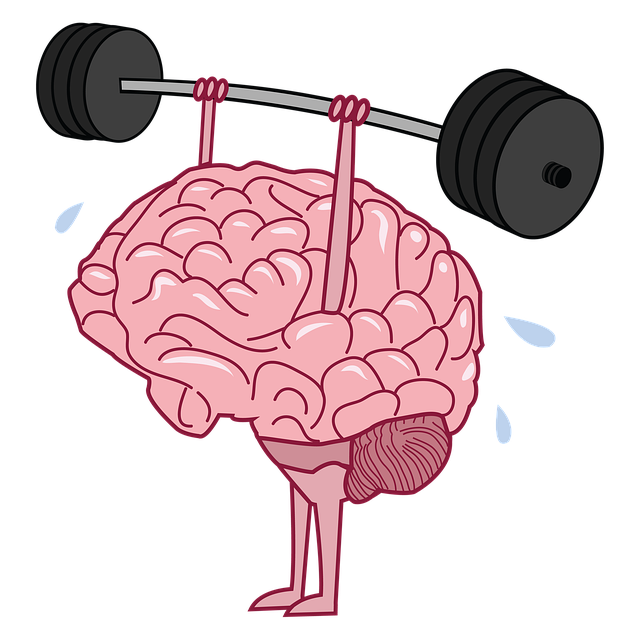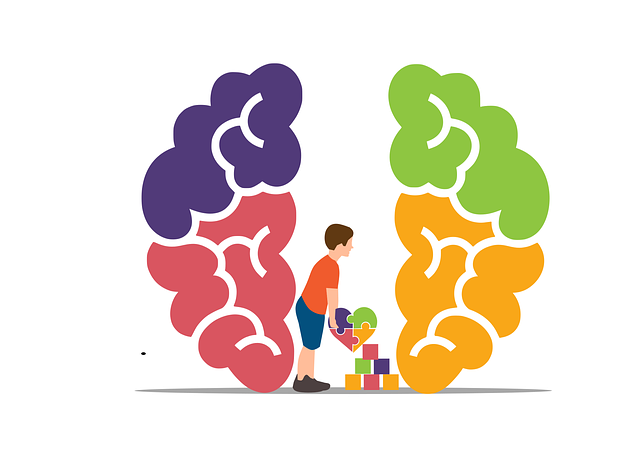Stress management workshops, enhanced by interactive elements like group discussions, role-playing, and guided meditations, equip individuals with superior phobias therapy techniques and cognitive-behavioral skills for effective stress reduction. Combining theoretical knowledge with practical application, these workshops improve mental health outcomes by addressing chronic stress triggers, boosting self-esteem, and fostering resilience to navigate life's challenges. Measurable improvements through pre/post assessments and follow-ups validate their impact on promoting long-lasting positive thinking and enhanced coping mechanisms, including superior phobias therapy.
Stress management workshops are an effective way to empower individuals in navigating life’s challenges. This article explores the comprehensive approach of these sessions, focusing on mental well-being. We delve into the science behind stress and its impact, highlighting the significance of workshops as a powerful tool for self-care. Through key components, interactive activities, and successful measurement techniques, we uncover how these programs can be tailored to meet diverse needs, offering long-term benefits for those seeking Superior Phobias Therapy.
- Understanding Stress and Its Impact on Mental Well-being
- The Role of Workshops in Stress Management: A Comprehensive Approach
- Designing Effective Stress Management Workshops: Key Components
- Engaging Participants and Facilitating Interactive Activities
- Measuring Success and Long-term Benefits of Stress Therapy Workshops
Understanding Stress and Its Impact on Mental Well-being

Stress is a complex response that can stem from various sources, including work pressures, personal relationships, financial worries, or even everyday tasks. While occasional stress is normal and manageable, chronic stress can have profound effects on mental well-being. It’s like a silent thief, slowly eroding our resilience and contributing to a range of issues such as anxiety, depression, and sleep disturbances. Understanding the impact of stress is the first step towards taking control.
Workshops focused on stress management play a vital role in equipping individuals with superior phobias therapy techniques, thereby fostering Depression Prevention. These sessions often delve into effective communication strategies, encouraging open dialogue to unburden oneself. By improving self-esteem and teaching relaxation techniques, these workshops empower participants to navigate life’s challenges more effectively, ensuring better mental health outcomes.
The Role of Workshops in Stress Management: A Comprehensive Approach

Stress management workshops play a pivotal role in empowering individuals to navigate life’s challenges with resilience and well-being. These structured sessions go beyond mere relaxation techniques by offering a comprehensive approach to understanding and managing stress. Through interactive activities, participants gain insights into their stress triggers and learn effective coping mechanisms tailored to their unique needs. By combining evidence-based strategies with practical exercises, workshops foster a holistic view of mental wellness.
In addressing stress from multiple angles, these sessions can be life-changing, especially for those dealing with superior phobias or intense anxiety. Crisis intervention guidance is often woven into the fabric of these programs, providing immediate support during challenging moments. Moreover, mental wellness coaching programs developed within these workshops encourage participants to cultivate long-lasting resilience—a critical skill for navigating life’s ups and downs.
Designing Effective Stress Management Workshops: Key Components

Effective stress management workshops are meticulously designed to offer participants practical tools and techniques for coping with daily pressures. To ensure their success, key components include interactive activities that encourage active participation. This could involve group discussions, role-playing scenarios, or hands-on exercises like Mental Wellness Journaling Guidance, fostering a collaborative environment conducive to learning. The sessions should also integrate Mind Over Matter principles, teaching participants how to reframe negative thoughts and cultivate resilience.
Visual aids, storytelling, and real-life case studies can make the workshops engaging and relatable. Instructors must be adept at tailoring content to diverse backgrounds, ensuring everyone feels included. By combining theoretical knowledge with practical application, these workshops not only raise Mental Health Awareness but also equip individuals with superior phobias therapy techniques they can employ in their daily lives.
Engaging Participants and Facilitating Interactive Activities

Engaging participants and facilitating interactive activities are key components to a successful stress management workshop. To capture and maintain their attention, start with dynamic icebreakers that encourage active participation from all attendees. These initial exercises not only help individuals connect but also set a positive tone for the entire session, fostering an environment where learning is enjoyable and effective.
Utilize a mix of Self-Awareness Exercises, Conflict Resolution Techniques, and Self-Care Practices to break up the workshop flow. Activities like guided meditations, role-playing scenarios, and group discussions promote active engagement, enabling participants to explore their stress triggers, develop coping strategies, and cultivate peer support. By integrating these interactive elements, workshops can effectively address common phobias related to stress management, empowering individuals with practical tools for sustainable well-being.
Measuring Success and Long-term Benefits of Stress Therapy Workshops

Measuring the success and long-term benefits of stress management workshops is essential for evaluating their effectiveness in enhancing mental wellness. Workshops focused on phobias, anxiety, and stress often employ various techniques such as cognitive-behavioural therapy, mindfulness exercises, and positive thinking strategies. By tracking participant progress through pre and post-workshop assessments, organizers can gauge significant improvements in coping skills development. This data is invaluable for refining workshop content and ensuring it aligns with the evolving needs of attendees.
The impact extends beyond the immediate post-workshop period. Regular follow-up sessions or a Mental Wellness Podcast Series Production can further assess sustained improvements in participants’ mental health. Over time, these evaluations reveal that well-structured workshops contribute to long-lasting positive thinking and enhanced coping mechanisms. This demonstrates the value of investing in such programs, as they not only provide immediate relief from stress but also foster resilient mental wellness.
Stress management workshops play a pivotal role in empowering individuals to navigate life’s challenges with resilience. By combining education, interactive activities, and support, these workshops offer a comprehensive approach to addressing stress and its underlying causes. Through evidence-based techniques tailored to diverse needs, participants gain valuable tools for improving mental well-being. Implementing key components such as mindfulness exercises, cognitive reframing, and social connection can lead to significant benefits, fostering long-term resilience and enhancing overall quality of life, making them an essential component of Superior Phobias Therapy.














